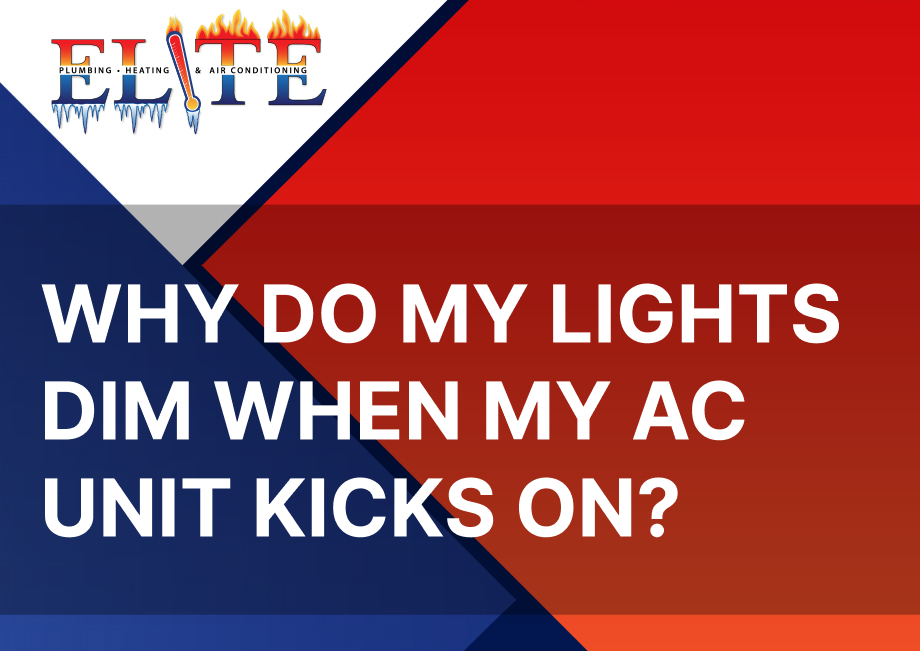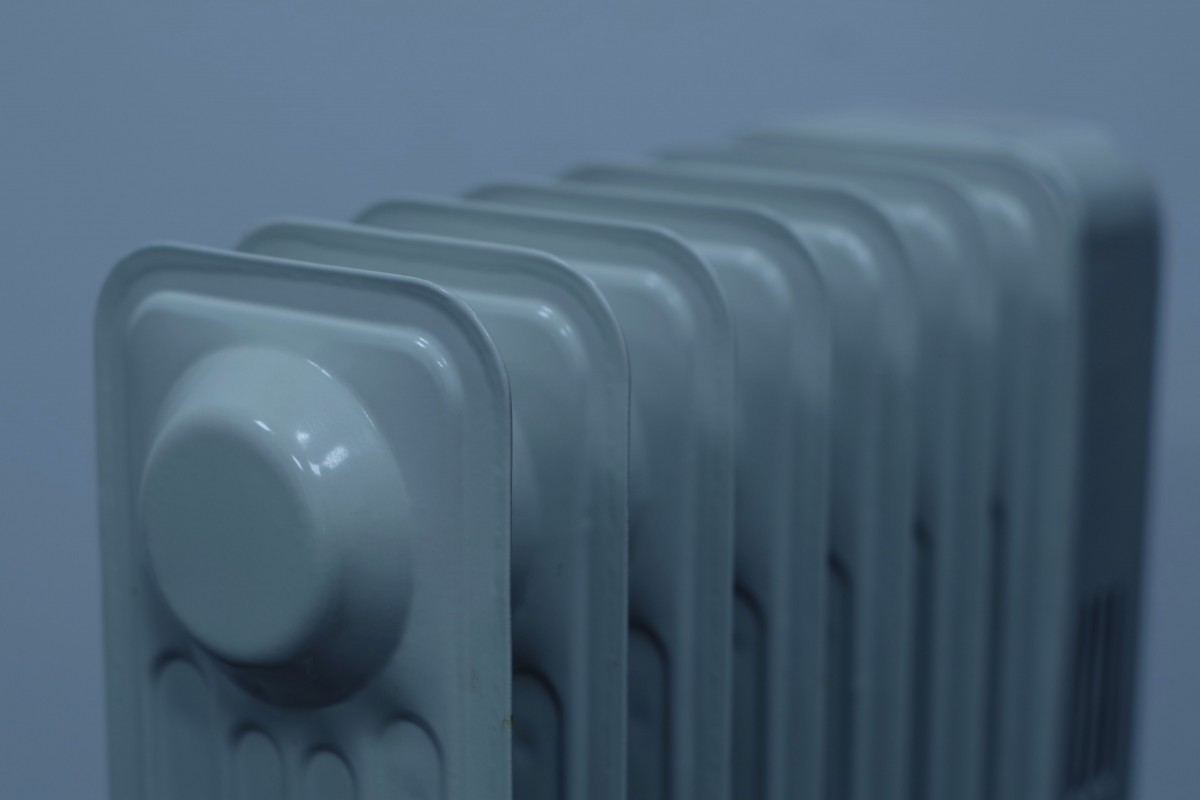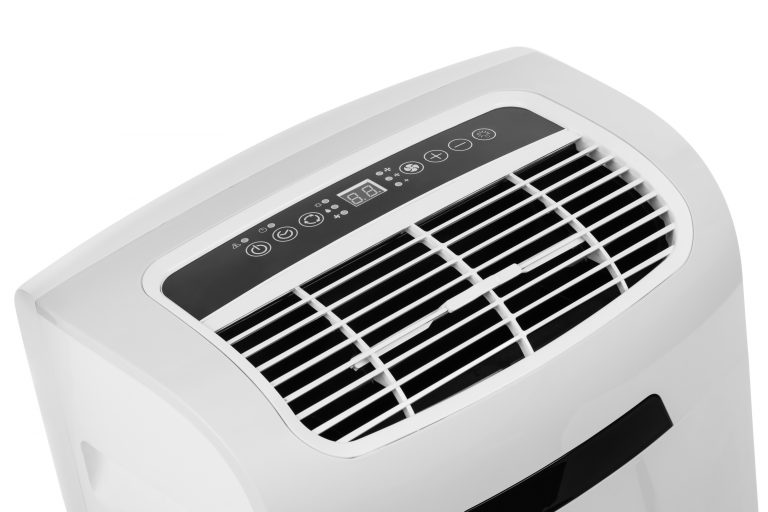Why Do My Lights Dim When My AC Unit Kicks On?
Lights dimming when your AC kicks on is standard and can be puzzling for homeowners. There are always fleeting thoughts that ask what happened, but most homeowners forget it happened until it occurs again.
For those who wanted to know, here’s why your lights flicker or dim when your HVAC switches on and what you should do about it.
Electrical Load, Circuit Capacity, and How They Interact
Your HVAC system requires a lot of power,and it may disrupt the flow to other appliances. When the compressor and fan motor kick on, the HVAC system draws from your electrical system, causing lamps and ceiling lights to dim momentarily. It’s a sudden surge because of electrical demand, known as an inrush current, lowering the voltage in the electrical system throughout your home.
Sometimes, an AC unit demands more energy than a home’s circuitry can accommodate. When the electrical load becomes too much, breakers trip to prevent voltage drops that can damage electrical outlets and appliances, like lights.
Common Causes of Voltage Drops
Several factors cause voltage drops in home lighting, such as:
- An initial, brief surge of power, causing a noticeable dimness.
- If your AC system and lights are on the same circuits, the sudden switch-on of an HVAC system can affect the lights.
- Older homes are prone to electrical failures and voltage drops because of outdated wiring.
- Loose or weak electrical connections can cause circuit resistance when AC units kick on.
Using Dedicated Circuits for High-Power Appliances
Your home has various electrical circuits, so placing too many appliances on a single circuit can cause light dimness and electrical surges. HVAC systems require abundant power, so having them on a dedicated circuit is wise. If an AC system has its circuit, it can kick on without affecting the voltage of your lights.
High-power appliances like HVAC systems require electrical isolation to prevent impact on other appliances. A dedicated circuit will also reduce the long-term risk of overloading and electrical fires and give you a more stable power supply for lighting and other low-power appliances.
Professional Assessments: When to Call in an HVAC Technician
If dimming persists or worsens over time, you should seek professional help from an HVAC technician. Professional assessments can determine whether it’s an electrical surge issue or related to a more expensive, more significant AC system problem.
Are the lights flickering off and on? That’s also cause for concern. It indicates a major electrical problem that requires immediate attention from a certified electrician. The same can be said for frequent breaker trips. Occasional dims are to be expected, especially in older homes, but complete electrical breakdowns signal more extensive problems.
Preventative Maintenance: Keeping Your System in Check
Your HVAC system and your home’s electrical components go hand in hand. Electricians and HVAC technicians are typically in league, understanding one another’s plights. You should schedule inspections and check-ups for your electrical system and HVAC unit. Are you living in an old home? Consider upgrading or updating your electrical wiring to handle the demands of modern HVAC systems.A solid electrical connection prevents the lights from dimming whenever your AC turns on.
Summing It Up
In a nutshell, the lights dim because your AC needs all the power to switch on. Professional assistance is paramount if the issue persists or worsens to flickering or an entire electrical failure.
Call Elite for your HVAC needs, including questions and routine inspections. Our experienced technicians are experts in their respective fields, helping you achieve a well-functioning air conditioning system without sacrificing electrical stability.
SCHEDULE YOUR FREE ESTIMATE
We Provide Expert Air Conditioning Services in Las Vegas, NV










